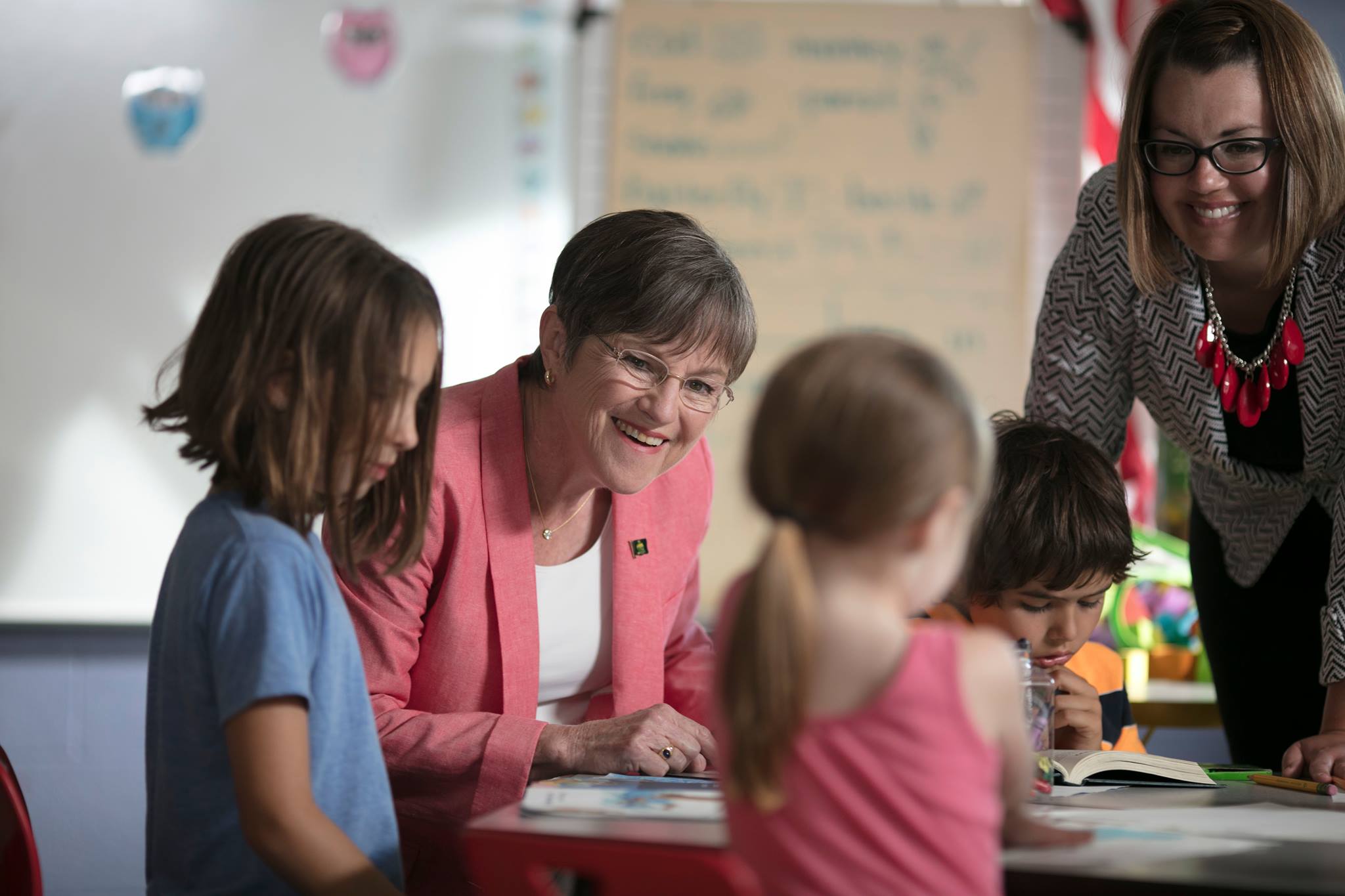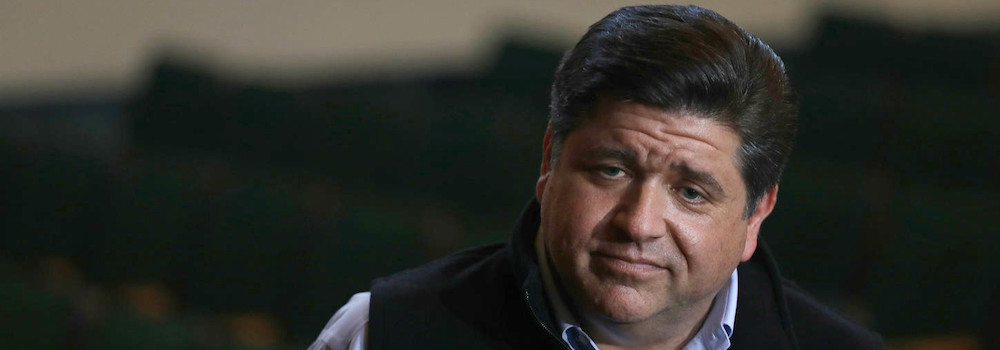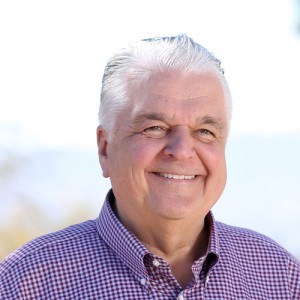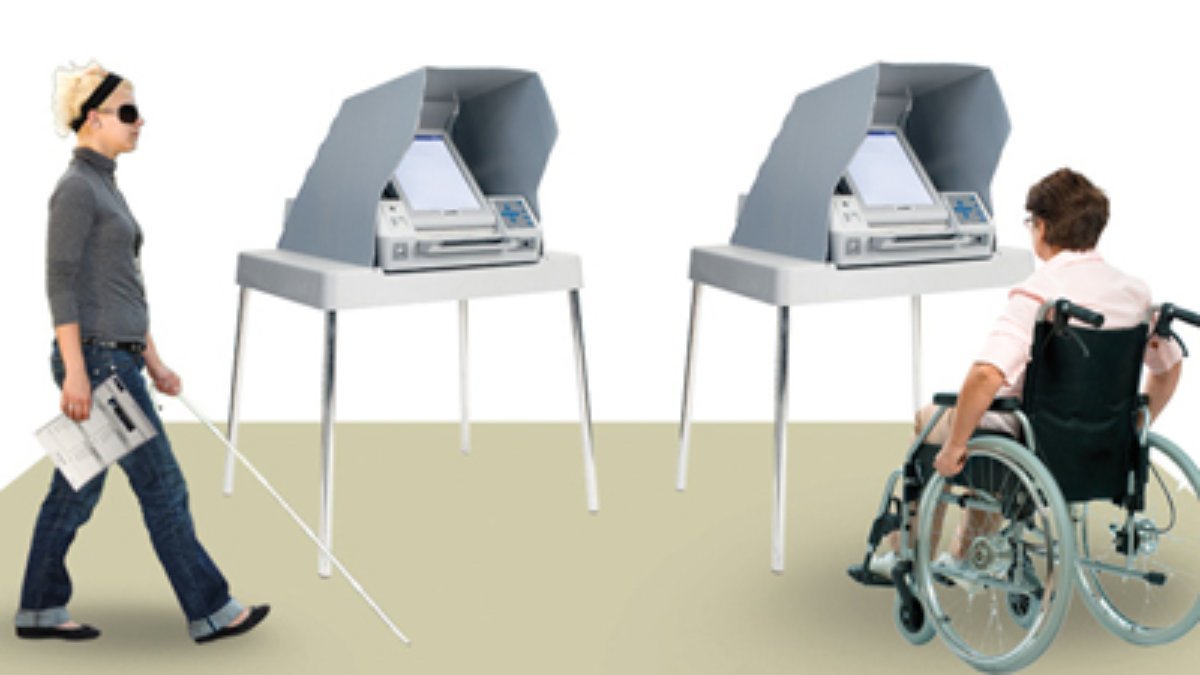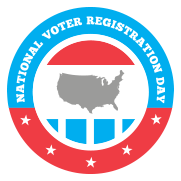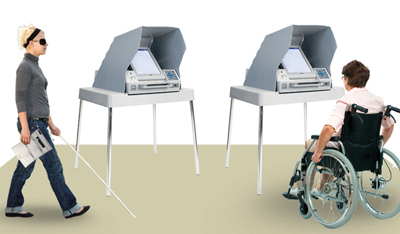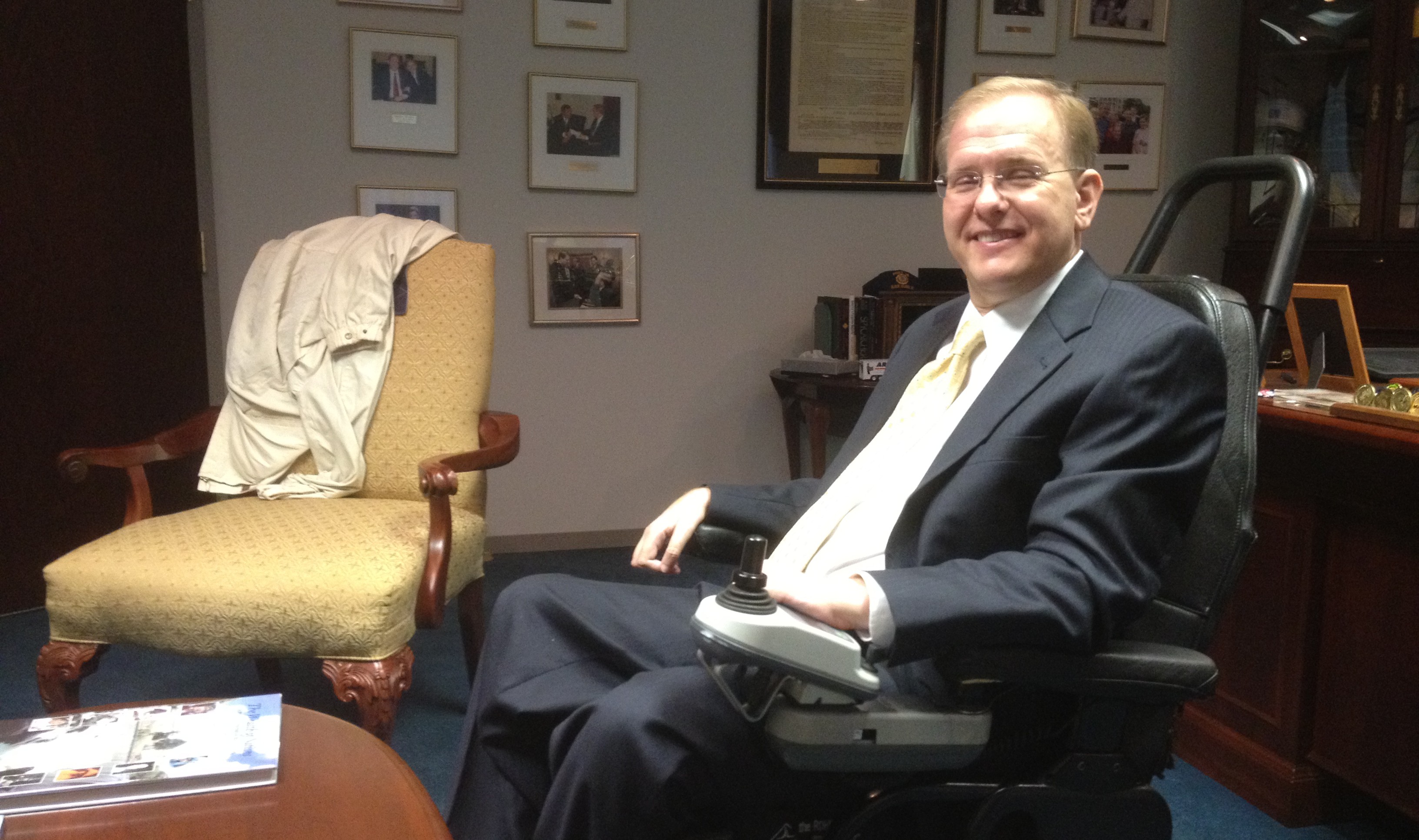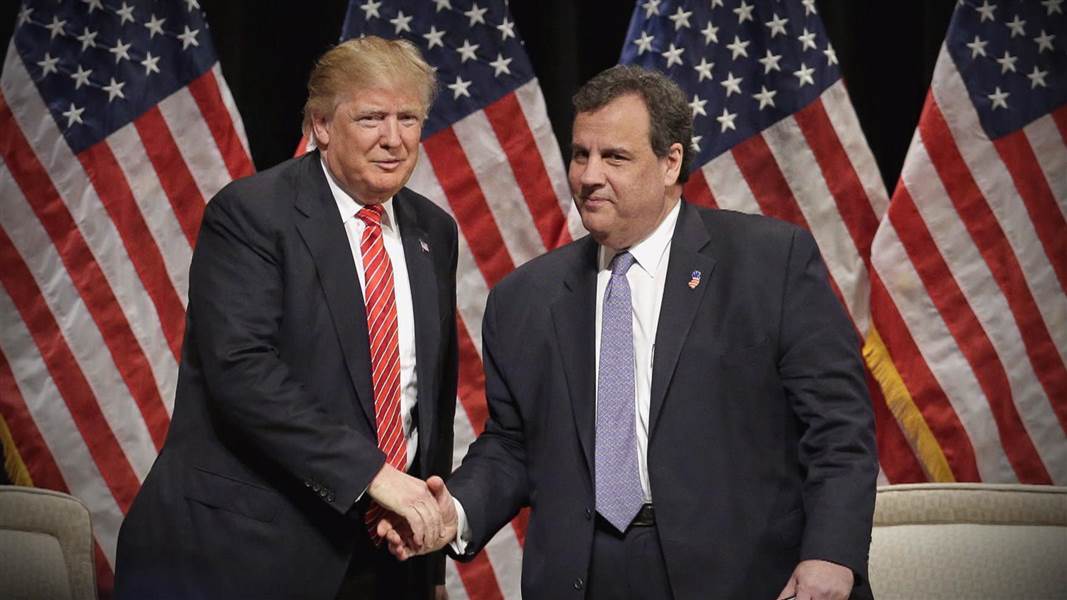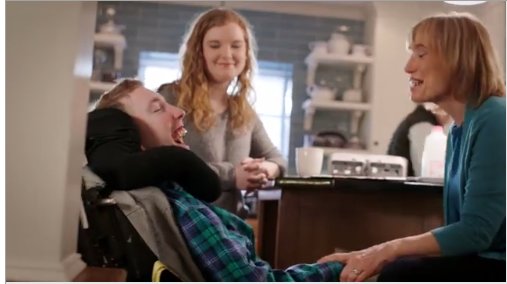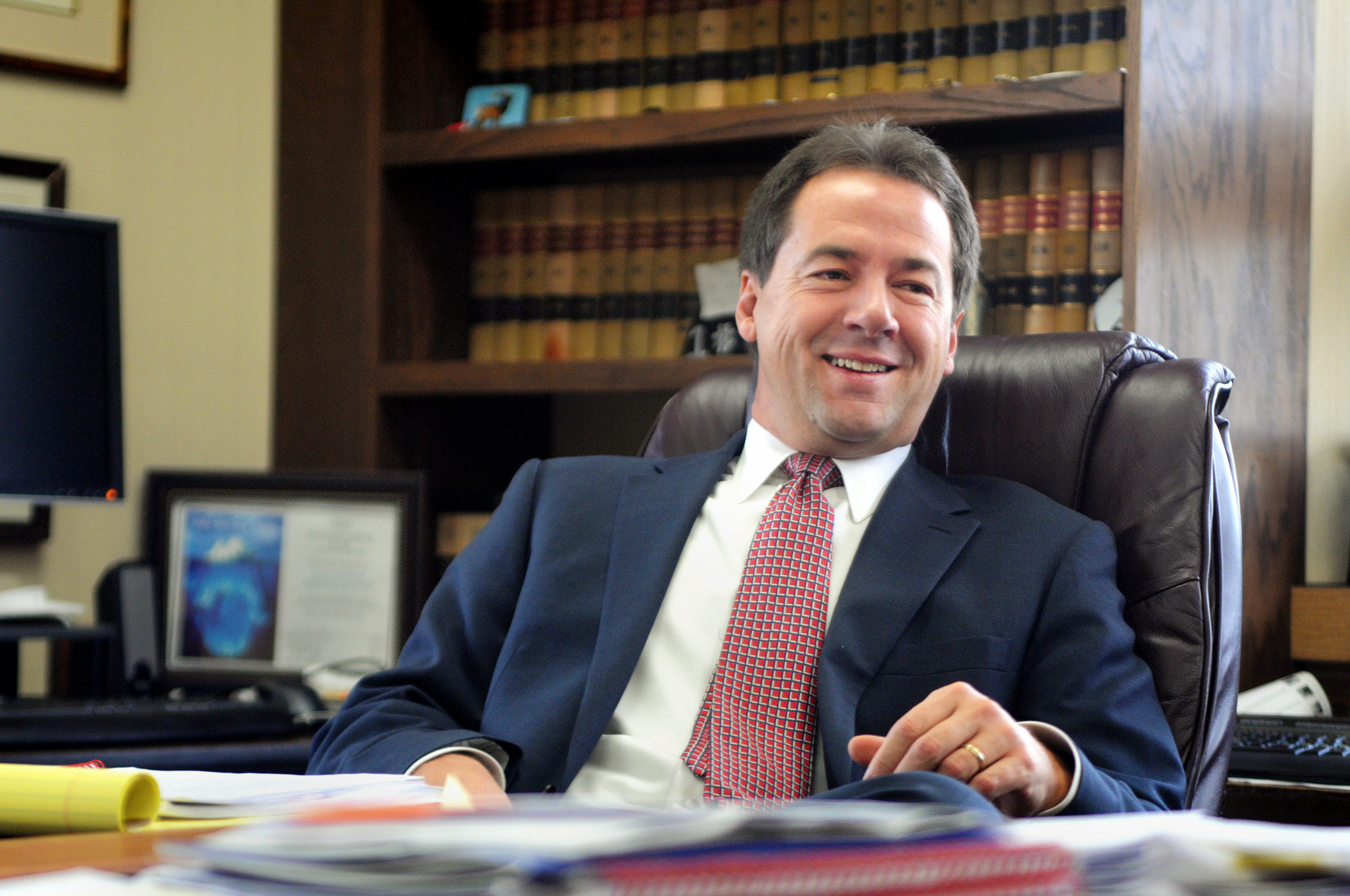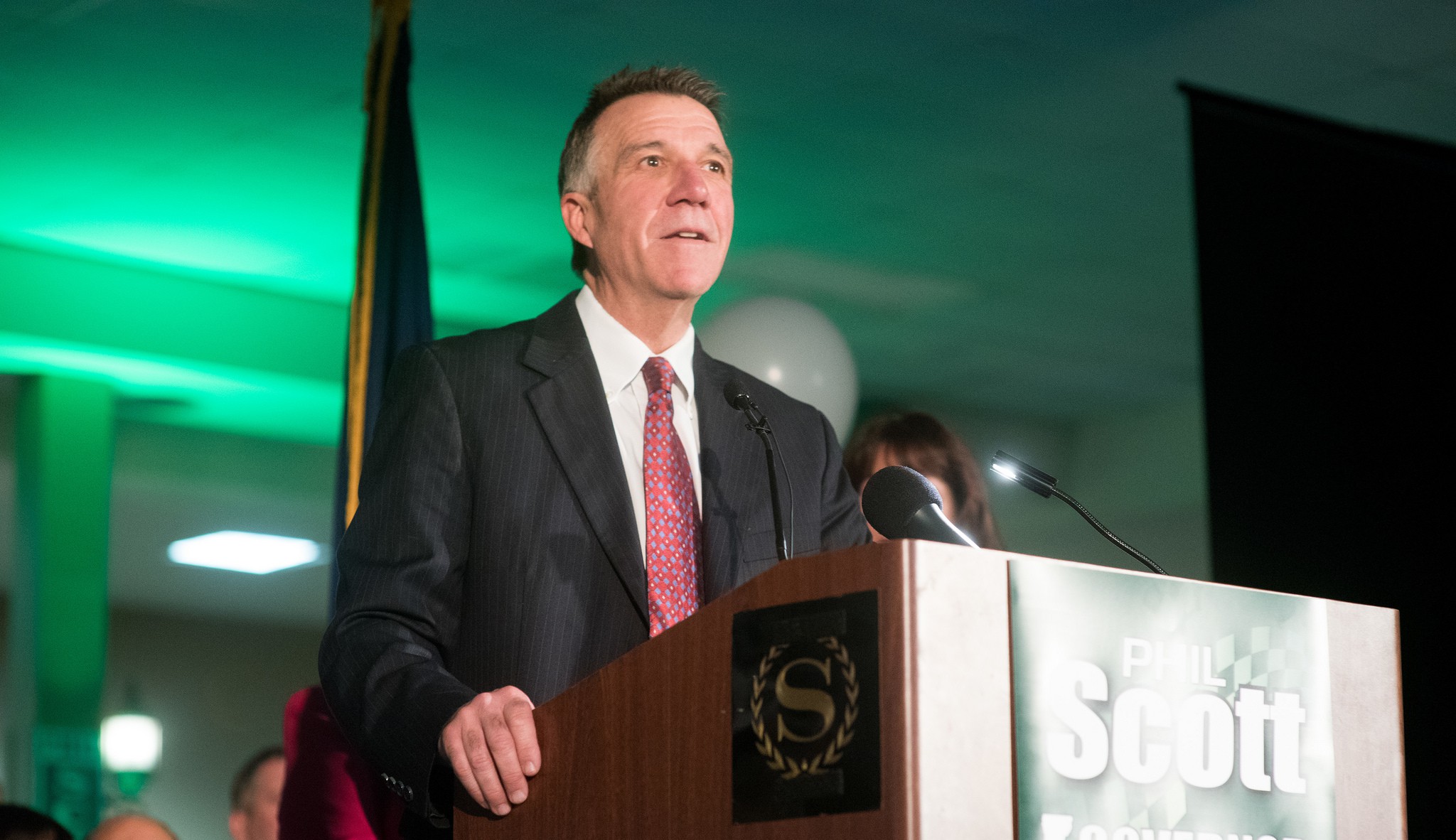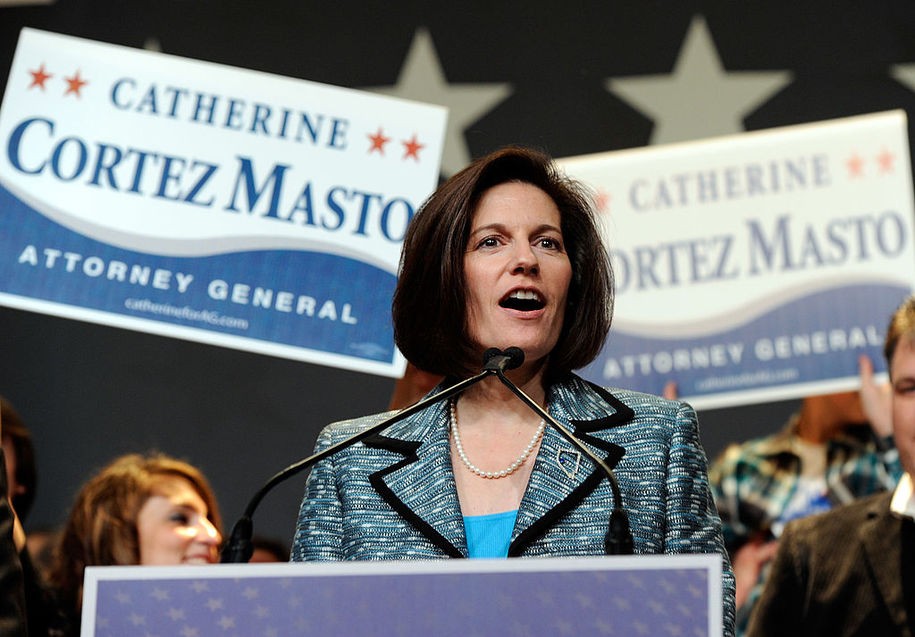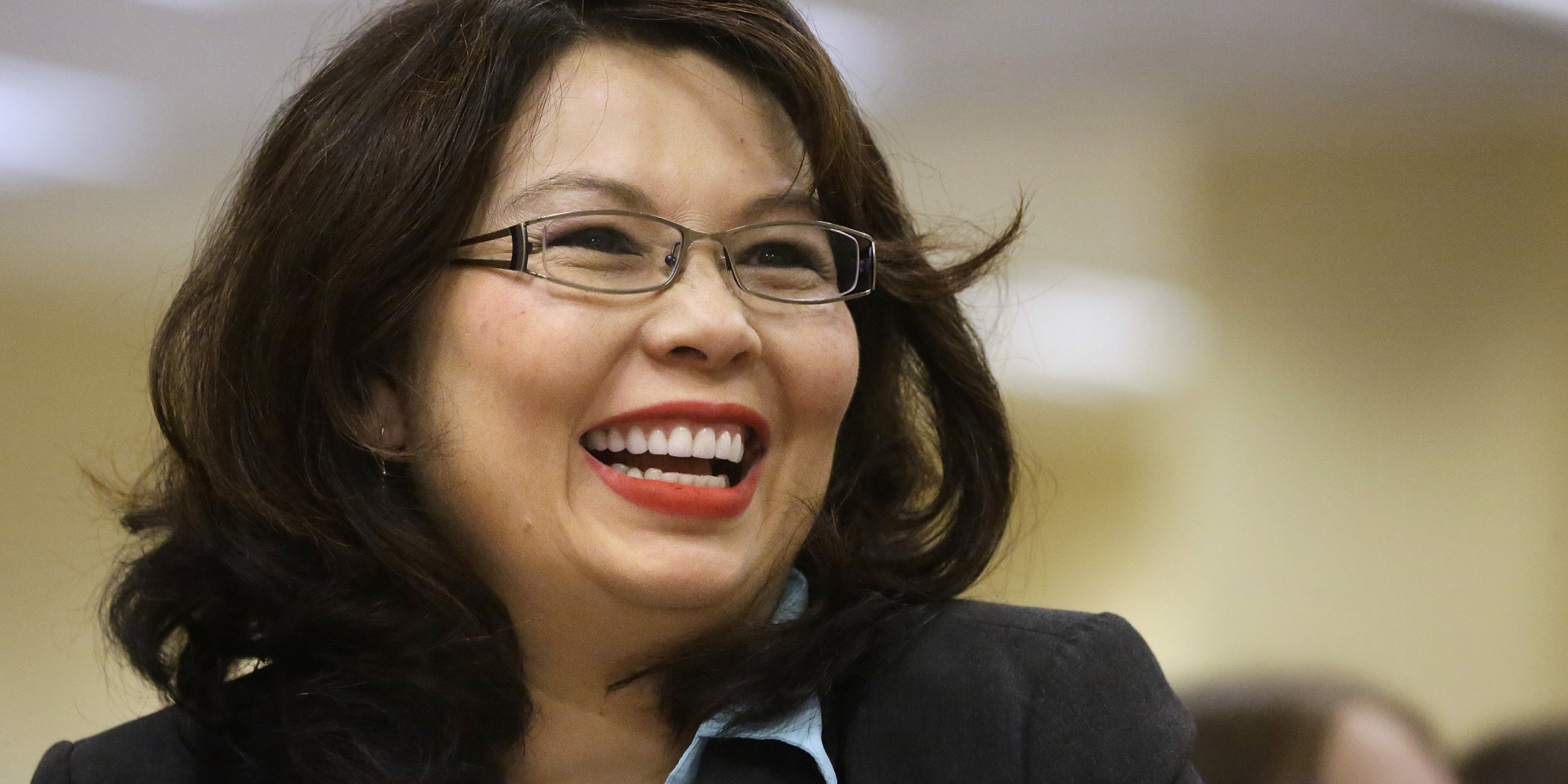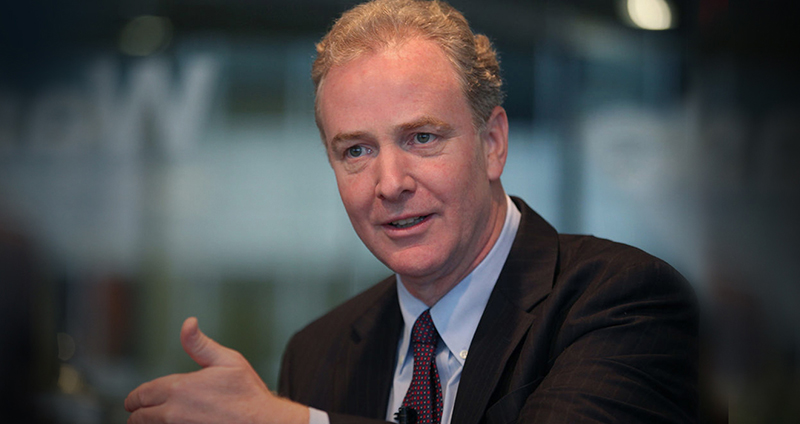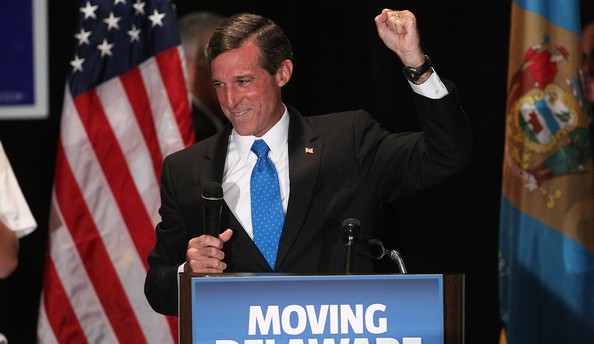Washington, Nov 8 – North Carolina Republican Sen. Richard M. Burr, a 20-year Republican veteran of Congress, won a tough re-election against Deborah Ross, a Democratic former state director of the American Civil Liberties Union.
Burr completed the #PwDsVote Disability Questionnaire for presidential, senate and gubernatorial candidates put out by RespectAbility, a nonpartisan, nonprofit organization working to end stigmas and advance opportunities for people with disabilities. Ross also responded to the questionnaire.
“As a senior member of the Committee on Health, Education, Labor, and Pensions, I worked closely with my colleagues to pass the Workforce Innovation and Opportunity Act of 2014,” Burr responded in the questionnaire. “This means people with disabilities will have a greater opportunity to achieve self-sufficiency and competitive integrated employment, which will ultimately enhance their life opportunities. For this, I was pleased to support WIOA.”
Throughout the campaign, Burr promoted his work on the bipartisan Achieving a Better Life Experience (ABLE) act and how this law empowers people with disabilities and their families to save money without fearing the loss of essential benefits.
A statewide political ad featured a North Carolina family with two children on the Autism Spectrum discussing how the entire family benefits from these new 529 savings accounts. The YouTube version of the ad, which is the version embedded on the campaign’s website, and the Facebook upload, both include captions, which is important for the 37.5 million American adults aged 18 and over who report some trouble hearing.
The campaign’s website also included two pages on the topic – a press release about the ad and a page devoted to “Working Across the Aisle for People with Disabilities.” Both pages contain facts and figures about the ABLE Act emphasizing Burr’s continuing, bipartisan work on the ABLE to Work Act, the ABLE Age Adjustment Act and the ABLE Financial Planning Act.
As Burr wrote in an op-ed in May 2016: “In my view, ABLE accounts are a milestone in a larger movement to create opportunity and independence for those impacted by disability.”
Burr also made a campaign stop to bring attention to the critical challenges facing people with disabilities living in North Carolina. In August, he visited Bitty and Beau’s Coffee Shop in Wilmington, North Carolina, which is “run by people with intellectual and developmental disabilities.” This coffee shop provides a current team of 40 employees the opportunity to live and work as a fixture of their local community.
While Burr advertised his work on the ABLE Act during the campaign, many people with disabilities in North Carolina struggle to find work. North Carolina has 1,330,804 citizens with disabilities. Currently, only 30 percent of the 715,508 working-age North Carolinians with disabilities have a job. Each year, one quarter of North Carolina’s 36,600 youth with disabilities will leave the school system and face an uncertain future. Despite solid job growth, the Tar Heel state currently ranks 39th in the nation in terms of the employment rate for people with disabilities.
There are 56 million people with disabilities (one in five Americans), more than 35 million of whom are eligible voters (one-sixth of the electorate). A new poll showed that half of voters either have a disability or a loved one with a disability. The poll also showed that voters were more likely to support candidates who prioritize ensuring that children with disabilities get the education and training they need to succeed as well expanding job and career opportunities for people with disabilities.
RespectAbility reached out to candidates for president, governor and U.S. Senate – requesting them to complete the #PwDsVote disability questionnaire on multiple disability topics ranging from employment, education, violence and abuse, criminal justice, healthcare and more.
On the presidential level, former Secretary of State Hillary Clinton filled out the full questionnaire. Despite numerous requests in person and by phone and email, Mr. Trump did not.
Forty down ballot candidates, including 26 for Senate and 11 for governor, from both sides of the aisle (25 Democrats, 14 Republicans, 1 Green Party) responded, showing that disability rights is a nonpartisan issue. The responses also were geographically diverse, coming from states all around the country as politicians are paying more and more attention to the disability community.
View Burr’s response to the questionnaire below:

